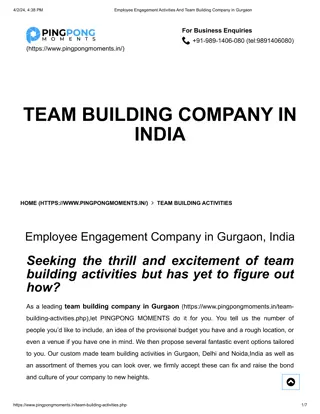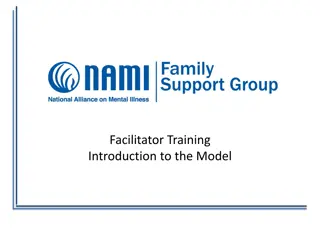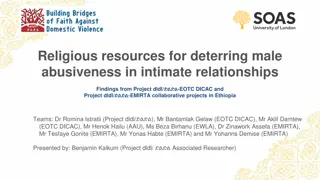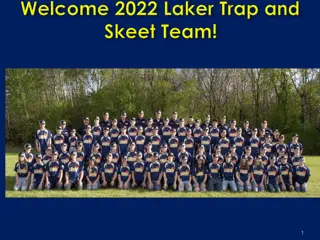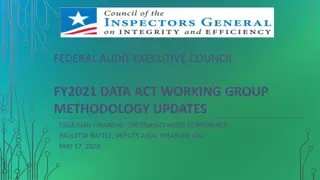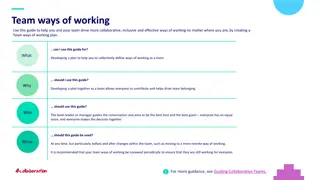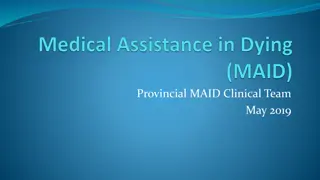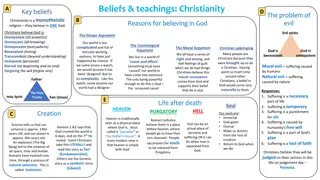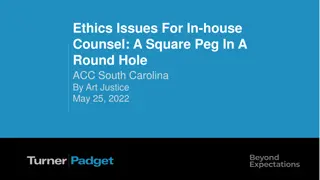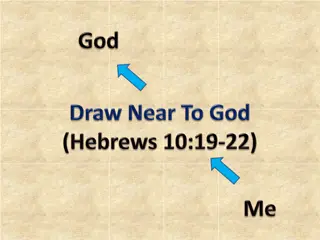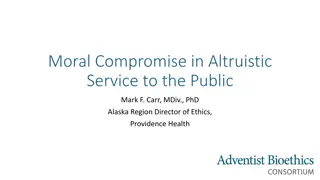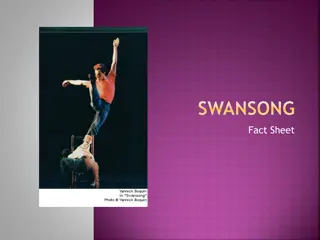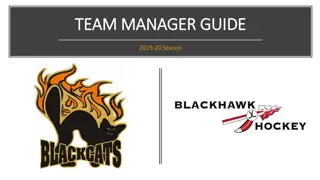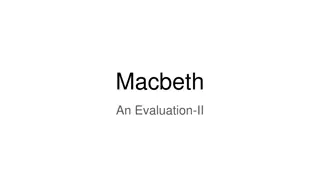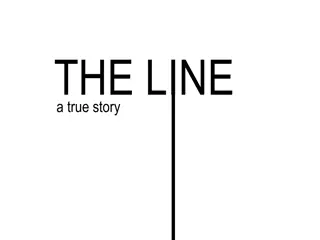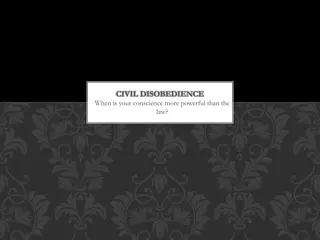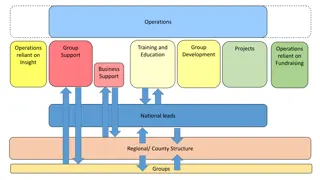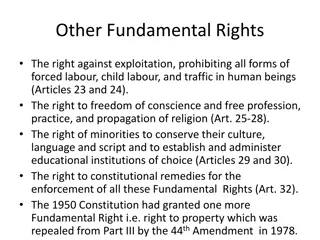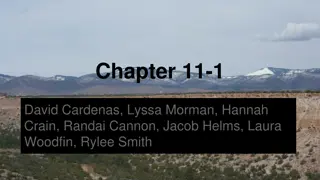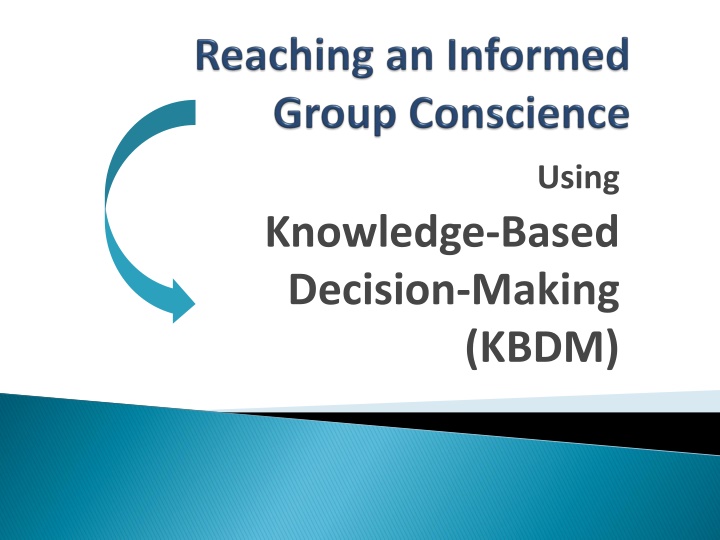
Knowledge-Based Decision-Making in Al-Anon: Group Conscience & Spiritual Principles
Explore how Knowledge-Based Decision-Making (KBDM) is implemented in Al-Anon through group conscience, guided by spiritual principles like open-mindedness, equality, unity, and responsibility. Learn about the process, principles, and collective wisdom used for group decision-making.
Download Presentation

Please find below an Image/Link to download the presentation.
The content on the website is provided AS IS for your information and personal use only. It may not be sold, licensed, or shared on other websites without obtaining consent from the author. If you encounter any issues during the download, it is possible that the publisher has removed the file from their server.
You are allowed to download the files provided on this website for personal or commercial use, subject to the condition that they are used lawfully. All files are the property of their respective owners.
The content on the website is provided AS IS for your information and personal use only. It may not be sold, licensed, or shared on other websites without obtaining consent from the author.
E N D
Presentation Transcript
Using Knowledge-Based Decision-Making (KBDM)
Informed group conscience Group decisions Spiritual principles KBDM process
The guiding principles for the group conscience are always the Twelve Traditions and the Twelve Concepts of Service. 2014-2017 Al-Anon/Alateen Service Manual (P24/27) Groups at Work p. 53
we seek spiritual guidance for our groups in the same collective wisdom. We call this a group conscience, the voice of the majority of members. We believe it represents the greatest good for the greatest number. How Al-Anon Works (B-22), p. 110
For our group purpose there is but one authority - a loving God as He may express Himself in our group conscience. Our leaders are but trusted servants - they do not govern.
Spiritual principles Open-mindedness Equality Unity Responsibility
What is Knowledge-Based Decision-Making? How does it fit Al-Anon?
Does our current process allow us to reach the best decision possible?
2014-2017 Al-Anon/Alateen Service Manual (P-24/27) Groups at Work p. 22
Open communication 1. Dialogue before deliberation 2. Common access 3. Culture of trust 4. Confidence in our partners 5.
Today I believe the process of discussion, review of our literature, and a vote is a good way for our group to make decisions that just about everyone can accept. Paths to Recovery (B-24), p. 149
listens to all ideas of the group and collects all pertinent information available before deciding... Paths to Recovery (B-24), p. 151
Some simple group decisions may be decided quickly; however, others may take time. It is by taking the time necessary to hear from all members who want to participate that a group conscience evolves. 2014-2017 Al-Anon/Alateen Service Manual (P24/27) Groups at Work p. 53
Roberts Rules of Order Knowledge-Based Decision- Making
Over time we learn to recognize and accept that in the long run the wisdom of the group, informed by thorough discussion and guided by a Higher Power, ultimately will be the best for the group and its individual members. Paths to Recovery (B-24), p.146
Do we announce the topics on our agenda ahead of time so no one is surprised? 1. Do we provide adequate background information to everyone involved ahead of time? 2. Do members have the opportunity to ask questions? 3.
4. How can we create and maintain an atmosphere of trust in our Assembly? 5. Do we have confidence in the competency of our partners?
Equality Equality Respect Respect Trust Trust Unity Unity Humility Humility
Trust in our Higher Power Hear everyone s ideas Present pertinent information Use spiritual principles Discuss as needed Adhere to the unenforceable (Twelve Traditions) Directed by Higher Power
Allows time for collection of information to help us make decisions Helps us decide if a topic is one we want to pursue
By being part of an informed group conscience, gathering the information we need, letting our loving God guide us, and remaining trusted servants, we are all part of the group and support its decisions. Paths to Recovery (B-24), p. 145
Provide background and framing Send out questions Compile responses Share the responses Discuss
What do we know about our members or prospective members needs that is relevant to this discussion?
What do we know about the resources and our vision for the organization that is relevant to this discussion?
What do we know about the current realities and evolving dynamics of the world and our fellowship that is relevant to this discussion? What are the Pros and Cons?
What are the ethical implications of our choices? In other words : Will our decision be consistent with our spiritual principles?
What do we wish we knew, but don t?
What did I learn about KBDM today?
Will you share something youve learned today? Do you still have questions? How can you envision using this model in your Area?

